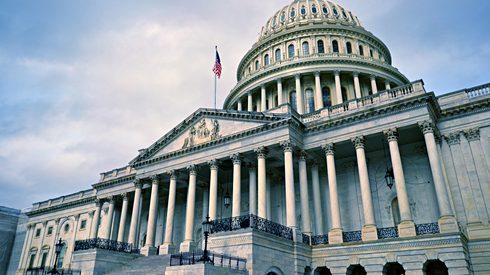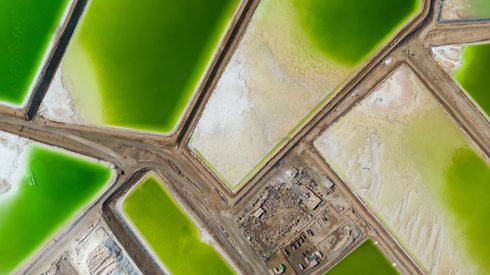The country’s Customs Tariff Commission of China’s State Council said on Thursday December 29 that the country’s import tariff on cobalt metal would be removed altogether from January 1, 2023, after previously lowering the tariff to 2% in 2022 from 4% on December 13 2021.
“Domestic demand for cobalt metal has been very thin, with prices on a downtrend for most of 2022. I don’t see any signs of improvement in demand in the near term and the need to import the metal should be minimal,” a cobalt producer source said.
Market participants said consumers of cobalt metal, especially from the magnetic sector, had been purchasing the material only on a hand-to-mouth basis in 2022. While the prices were mostly on the downtrend during the past year, their caution grew and they adopted a wait-and-watch method, expecting the prices to fall even lower.
“The exemption of the import tariff on cobalt metal is ultimately not likely to apply more downward pressure on domestic cobalt metal prices, because domestic demand is thin and imports are sluggish,” a cobalt trader told Fastmarkets.
Fastmarkets’ price assessment for cobalt 99.8% Co min, ex-works China was 315,000-335,000 yuan ($45,679-48,579) per tonne last Friday December 30, narrowing down by 5,000 yuan per tonne from 315,000-340,000 two days earlier, and down by 171,000-185,000 yuan per tonne from 500,000-506,000 yuan per tonne on January 5, 2022.
China imported 2,648 tonnes of cobalt metal classified under the Harmonized System code 81052020 in the first 11 months of 2022, down by 57.35% from 6,210 tonnes in the same period in 2021, according to Chinese customs data.
“In addition, domestic production of the metal is sufficient to meet the weak demand,” the producer source said.
A second cobalt trader pointed out that cobalt metal is traded at a premium in the international market over the Chinese market, and the absence of an arbitrage window would further curb the buying appetite of Chinese market participants in the international market.
Fastmarkets’ benchmark price assessment for cobalt standard grade, in-whs Rotterdam was $18.75-19.95 per lb on December 30, unchanged from a day earlier.
Taking both mid prices into consideration, the international cobalt metal price was equivalent to approximately 335,780 yuan per tonne on December 30, including China’s value-added tax. This stood at a premium of approximately 10,780 yuan per tonne (3.32%) over the Chinese price on December 30.
“The international demand for cobalt metal is also tepid, which could further weaken international cobalt metal prices. When the international price goes down, Chinese prices tend to follow suit, so it will be unlikely to see an arbitrage window open,” the second cobalt trader said.
Keep up to date with the latest news and insights on our cobalt market page.






